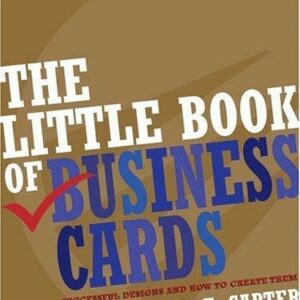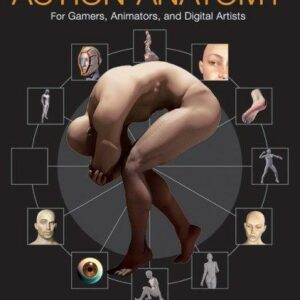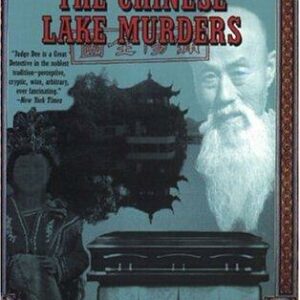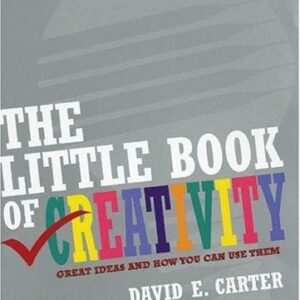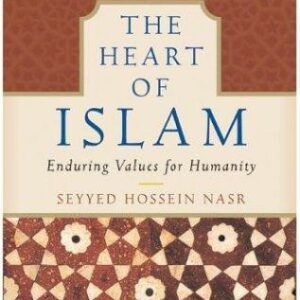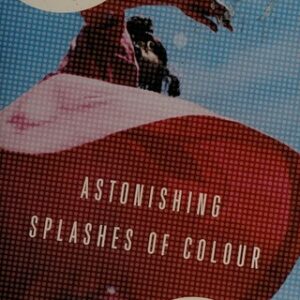The Expedition to the Baobab Tree
$18.00
| Title | Range | Discount |
|---|---|---|
| Trade Discount | 5 + | 25% |
- Description
- Additional information
Description
Learning to survive in the harsh interior of Southern Africa, a former slave seeks shelter in the hollow of a baobab tree. For the first time since she was a young girl her time is her own, her body is her own, her thoughts are her own. In solitude, she is finally able to reflect on her own existence and its meaning, bringing her a semblance of inner peace. Scenes from her former life shuttle through her mind: how owner after owner assaulted her, and how each of her babies were taken away as soon as they were weaned, their futures left to her imagination. We are the sole witnesses to her history: her capture as a child, her tortured days in a harbor city on the eastern coast as a servant, her journey with her last owner and protector, her flight, and the kaleidoscopic world of her baobab tree. Wilma Stockenström’s profound work of narrative fiction, translated by Nobel Prize winner J.M. Coetzee, is a rare, haunting exploration of enslavement and freedom.”This mini-masterpiece is less a novel than an intimate monologue illuminating the nature of slavery, oppression, womanhood, identity, Africa, and nature itself. . . . 25 years after its introduction to English-speaking audiences, this tale still proves moving and vibrant.” – Publishers Weekly (starred review)
“illuminating, in musical description and sharp images. . . This slim book takes a place high in my own pantheon of beautiful novels come to us out of Africa.” — Alan Cheuse on NPR’s All Things Considered
“A meditation on humanity, mortality and time. A challenging, compelling work.” — Kirkus Reviews
“Stockenström’s imaginative interrogation of slavery is the richer for encompassing the appeal of preferment, of pleasurable sex, of gifts, while at the same time fully aware of its boundless pain and grief. Her highly literary language sets up a tension in relation to the lived experience of her first-person narrator, but it’s a measure of the book’s success that we accept this contrast between character and voice. JM Coetzee’s translation from the original Afrikaans is marvellous.” — The Guardian
“Seldom does a future Nobel-winning novelist moonlight as a translator, but JM Coetzee shines with his 1980s English version of Afrikaans writer Wilma Stockenstrom’s The Expedition to the Baobab Tree.” — The Independent (A Fiction in Translation Best Book of the Year)
“This powerful, brief narrative about slavery. . . carries a tremendous lyrical charge. . . Coetzee’s tightly paced, restrained rendering of a complex text gives due weight to every word. It should ensure that Stockenström’s compelling picture of suffering and loss becomes a classic in English as well as Afrikaans.” — Times Literary Supplement
“The task for the writer aware of fiction’s dangerous routes — and Stockenström and Coetzee are surely two such writers — is to find a way to write literature that resists reproducing harmful fantasies of romantic worlds forever beyond our grasp… Stockenström mounts a brave fictive challenge to utopian fictions that annihilate the present.” — Lily Saint, L.A. Review of Books
“The life and experiences of the narrator are complex and multifaceted, and the psychology that developed in response to them is no less so. The Expedition to the Baobab Tree feels more real, and thus more successful, because of this ambivalence. The narrator is a novice when it comes to free thinking and self-analysis, which makes it a joy to observe her in the act, even when the heroic façade falters momentarily.” — The Literary Review
“[The Expedition to the Baobab Tree] left me entranced and devastated. . . At the very least, this slim work (not a novella, as that category seemingly exists just to diminish the importance of short literature of quality) should be on every postcolonial studies reading list. . . The frequently hallucinatory and fantastical prose-poetry, while inventive, is not merely a linguistic flourish; it is a political statement, the fierce rejection of “Western,” specifically patriarchal, practices of reading the world.” — Charles Shafaieh, The Daily Beast
“An astonishing achievement.” –The Star (South Africa)
“A truly remarkable contribution, both for the lyrical quality of its prose and for its boldly imaginative theme.” –World Literature Today
“Lyrical … dramatic … epic. Of the living, active poets in Afrikaans she is the greatest.” –André Brink, author of Philida and A Dry White Season
“A compelling, richly textured fable.” –Christopher Hope, author of Shooting Angels
“Let me immediately say that this book gripped me from the very first paragraph and I could not put it down till I closed it late last night, deeply moved, with the realization: Today I read a great work.” –Audrey Blignault, South African Broadcasting Corporation
“A poignant reflection on death and the psyche of a human being.” —Rapport
“An evocative historical novella.” — Breyten Breytenbach
“A work of brilliance, breathtaking, a relentless work that pushes the reader through a forced-open doorway between worlds, and then through another doorway, and then another, and then back the way she came, and then shows how all boundaries are dark illusions, labels we force onto categories of experience in lives that can’t be planned, or that can’t be planned by us.” – Elizabeth Bachner
“From its stunning first lines to its beautiful last, J.M. Coetzee’s brilliant Englishing of Wilma Stokenstrom’s The Expedition to the Baobab Tree had its tendrils wrapped tight around me. Rarely in a novel––and never in one this slender––have I encountered such power, such tenderness, such elegance, such ferocity.” – Laird Hun
“A slave woman remembers her life as her survival becomes more uncertain in the African grasslands. The knowledge that she can make the decision about where her body will go is simultaneously liberating and frightening. Readers become one in the mind and imagination with her as she sorts through the meaning of her lifelong bondage in the fortress of a baobab tree.” — World Literature Today
“This J.M. Coetzee-translated novel of a young African girl’s life, memory, and survival by one of the most important writers on the continent is one of the year’s most important books in translation” — FlavorwireWilma Stockenström is one of the most important authors writing in Afrikaans. She has published 5 novels, 7 collections of poems, and one play. She received the Hertzog Prize for Poetry in 1977 and again in 1992. She was awarded Italy’s Grinzane Cavour Prize in 1988 for The Expedition to the Baobab Tree. She has also had a successful career as an actress on stage and in film. She has been living in Cape Town since 1993. The author lives in Rapier, South Africa.US
Additional information
| Weight | 7.36 oz |
|---|---|
| Dimensions | 0.4200 × 6.0400 × 7.4900 in |
| Imprint | |
| Format | |
| ISBN-13 | |
| Author | |
| Audience | |
| BISAC | |
| Subjects | translation, science fiction, dystopia, novels, race, journalism, dream, socialism, south africa, election, literary fiction, refuge, essays, identity, strong female protagonist, survivor, inner peace, FIC037000, political books, imperialism, afrikaans, fiction books, books fiction, realistic fiction books, disintegration, thriller, philosophy, anthropology, england, politics, adventure, war, business, modern, political, horror, freedom, Literature, military, survival, fiction, mystery, Friendship, death, memory, coming of age, FIC019000, community, slavery |


